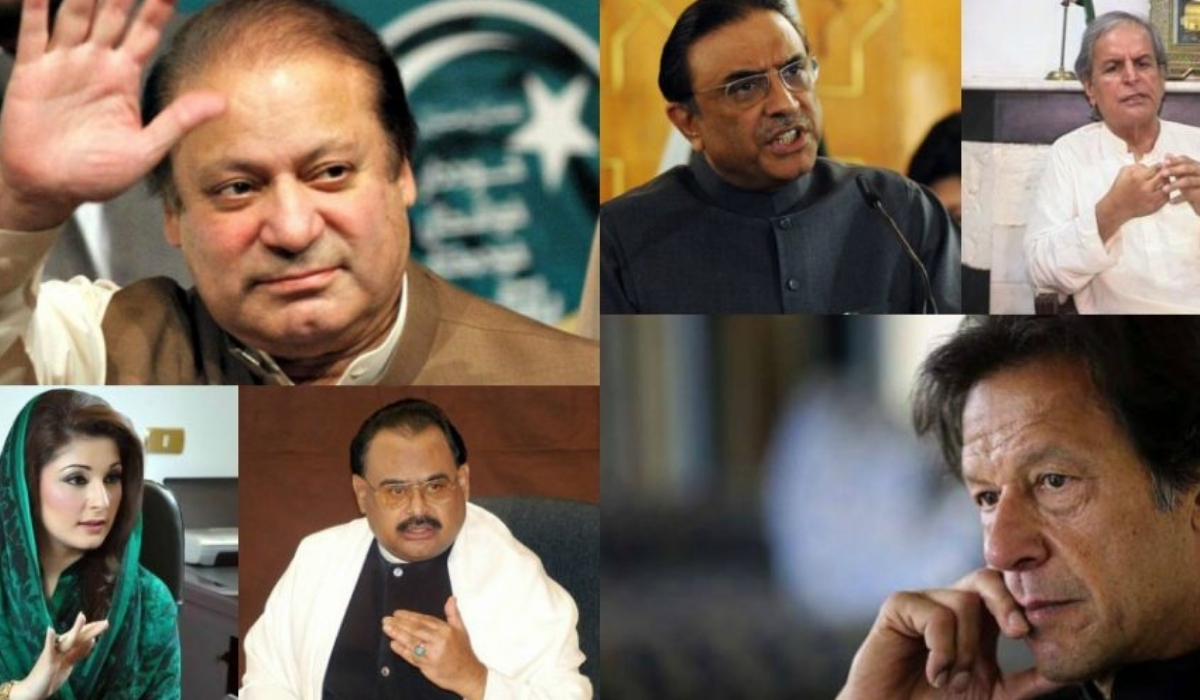
Have you ever given a thought to how language impacts our day to day dealings? What would you do if you did not have this tool to communicate with people? Remember a time when you were either traveling up North in Pakistan or perhaps out of the country? The feeling of finding someone who can speak the same language as you create an instant bond and also gives a sense of security.
Even if we don’t go that distant and think about our conversations every day, language allows us to express ourselves and connect to people around us
So we might not realize it but a language is a very important tool – one that is also used in politics to win over the masses and get them on board with the government’s or the leader’s agenda. People hold languages very dear to them because it is what represents them and if we look at the history of the Subcontinent, we will see how language has become a political problem.

Let’s start with the colonization of India – the managerial role that the British performed was primarily in Punjab on either side of the border now. They came with the idea of taming the Indians and making them more civilized, which meant not only forcing their values but also their language. We see remnants of that thought process even today at least in Pakistan, where Punjab was home to the Punjabi language but if you see the urban centers you will realize that people shy away from their own language and have either adopted Urdu (which was a language of the Muslim elite at the time) or English as their medium of communication.
Another example of a conflict between languages started after the independence of Pakistan between East and West Pakistan. The leaders of West Pakistan were of the opinion that only Urdu should be the official language.
It was not the language spoken by many because Pakistan was home to multiple different languages but the ruling elite wanted Urdu to take over as the official language. The ruling elite of East Pakistan did not share the view and thought that Bengali was a language spoken by a group in a majority and should share the status of an official language. This became a bone of contention very early on after independence and was one of the factors which eventually led to the separation of East and West Pakistan. Many students and teachers were part of the movement for Bengali in Dhaka and the situation got out of control. On February 21, 1952, many of the protestors were shot dead by the police and the United Nations then declared February 21 as International Mother Language Day. It is celebrated till date.

After the separation, Pakistan has witnessed countless protests in the name of languages and these are all entrenched in the idea of ethnicity and region. For instance, in 19721, Urdu speakers in Karachi got agitated when the government declared Urdu as the official language. The economic disparity in the region led to several ethnic clashes as well. These were all efforts to subjugate one or the other group.
The next protest was witnessed during the last government of Pakistan Peoples Party (PPP) when the Seraiki speaking areas of Pakistan demanded another province.
The same sentiments were also shown by the Hindko speaking population in Khyber Pakhtunkhwa (KP). During the same tenure, the Awami National Party (ANP) also urged the government to give Pashto the status of a national language.
Similar efforts have been made by Marvi Memon, leader of Pakistan Muslim League Nawaz (PML-N), who tabled a bill in the National Assembly (NA) seeking national status for 10 regional languages. The bill has not been able to gather a majority but highlights the differences in the people.
Language over time has also been used as a tool by political leaders to appease their supporters.

For the longest time, Muttahida Qaumi Movement (MQM) has cashed in on the Muhajjir sentiment in urban Sindh, whereas, PPP has cashed in on the Sindhi sentiments in rural Sindh. These associations are not easily forgone and people tend to trust those more who speak in their own languages rather than an outsider. In the recent general elections, we have witnessed language politics taking another turn.
With the introduction of Imran Khan into the system, the masses have become more inclined towards choosing a political leader who does not deal with political jargons and explains notions in lay man’s terms.
This is a shift from the decorum before and years of alienation by the system that people now want leaders whom they can relate to. The same trend has been witnessed in the United States of America (USA) as well, where Trump was voted in because he was not part of the establishment and spoke like an average American.
Language politics is changing its course to be more colloquial. This is perhaps why Bilawal Bhutto, Chairman PPP, is having a hard time gaining relevance in Pakistan today because language itself is a huge barrier.
Do you think language is an important tool in politics? Do you consider it one of the factors while making a decision in favour or against someone? Or do you think language does not impact such matter? Let us know in the comments below.
cover image via parhlo.com




